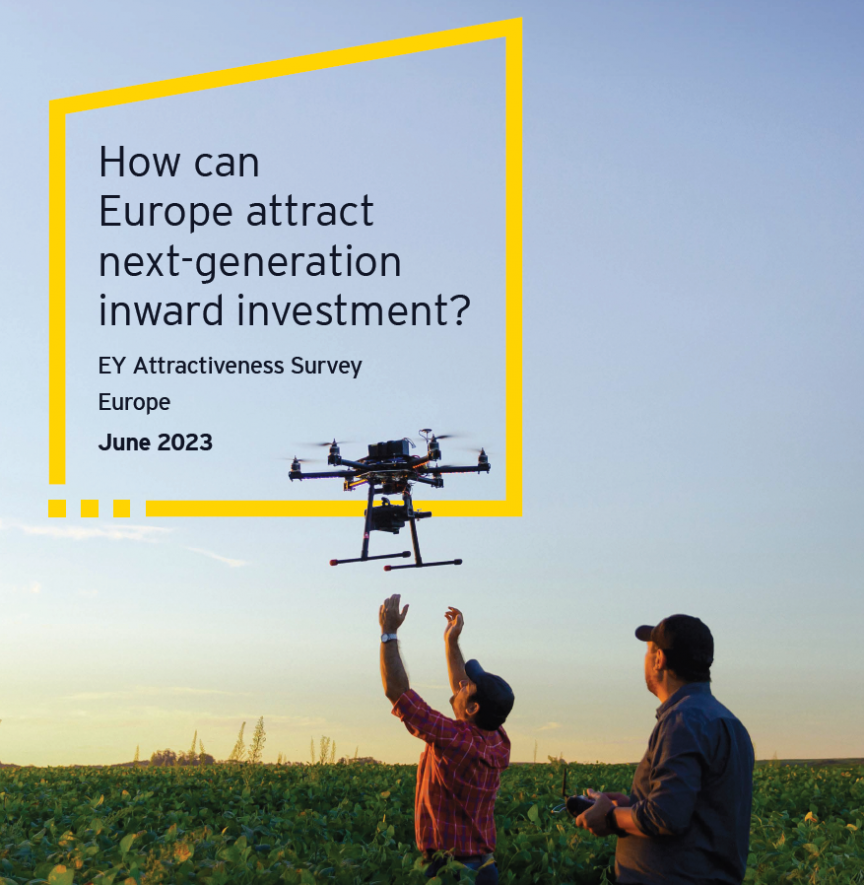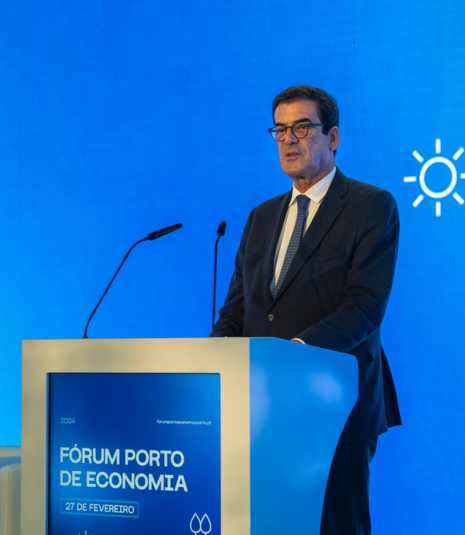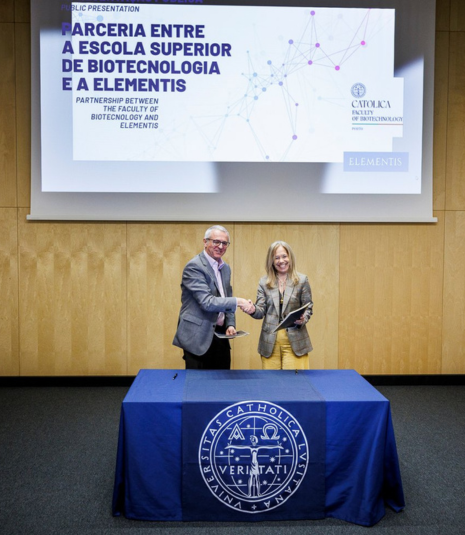Insights from EY Europe Attractiveness Survey: Unveiling key factors influencing investment in Europe
To thrive in a period of transformation, Europe needs to adapt to investors’ new requirements, EY’s 2023 Europe Attractiveness survey shows.

EY
· 26 Jun 2023
The EY organization is calling on European institutions and national governments to take six steps to help retain business confidence and attract more foreign direct investment (FDI), with the publication of the second installment of its Europe Attractiveness Survey 2023.
The survey found that despite strong competition from China and the US, investors are generally positive about European prospects, with 67%, up from 53% in 2022 — saying they have plans to establish or expand operations in Europe in 2023. The same proportion also said they believe Europe’s attractiveness will increase over the next three years.
However, there is no room for complacency as investors voiced serious concerns regarding threats to political stability, rising costs, regulatory burdens and the availability of people with the right skills. The first installment of the Europe Attractiveness Survey 2023, published last month, found that FDI into Europe stalled in 2022, rising only 1% compared with 2021, and remaining 7% lower than in 2019 before the COVID-19 pandemic. Furthermore, FDI job creation in Europe was down 16% in 2022 on 2021.
To address these concerns, the EY organization has outlined a six-point plan based on over 500 interviews with senior business leaders to help Europe remain competitive and attractive to investors. According to the plan, European governments should:
- Refresh the business case for Europe
A bold new vision should be created based on the "unique selling proposition” of economic, political and regulatory stability. Europe should be presented as a hub for businesses of the future, with a strong message for investors on how the continent may capitalize on its present strengths, including in R&D, intellectual property and advanced manufacturing, and how it may extend its leadership to the digital and green economies.
- Reinforce support for Small and Medium-sized Enterprises (SMEs)
SMEs employ around 100 million people across Europe, forming the backbone of the European economy and accounting for half of the continent’s GDP. But the survey found that far fewer SMEs than larger firms plan to expand in Europe in 2023 (57% compared with 79%), and they are less optimistic about Europe’s prospects in the next three years. More must be done to convince entrepreneurs that Europe is committed to helping them thrive and help them make the leap to become potentially world-leading businesses, from making growth capital avaible to facilitating the impact of regulatory changes.
- Encourage investment in R&D and manufacturing, simultaneously
The survey found R&D was the top category for new investment in Europe over the next three years, with 64% of executives expecting to increase their European R&D footprint. To realize this potential, policymakers should continue to encourage investment in the high-tech, high value activities that are reshaping the global economy. This must include an ambition to put Europe at the forefront of the AI revolution by developing strong regulatory frameworks that allow business to reap its benefits while setting clear parameters around its use. However, the development of technology should not be Europe’s only focus. Europe should consider how to encourage investment throughout the value chain and particularly in manufacturing capability — where only a third (33%) of executives are expecting to increase investment. This would enable Europe to capitalize on the high-value strategic industries and technologies that are reshaping the global economy, and reduce Europe’s external dependencies amid rising geopolitical tensions.
- Take the lead on climate change and ESG
The survey found that investors recognize the advantages of Europe’s environmental leadership, with 61% of investors finding Europe "more attractive” than the competition when it comes to sustainability. Europe should aim to further increase the share of renewables in its energy mix and improve access to decarbonized energy, and head off the competitive challenge of the US, as the EU Green Deal and US Inflation Reduction Act have been pitted against each other in recent months.
- Develop next generation talent
The survey identifies availability, quality and adaptability of skills among the most important factors for companies when they choose where to locate. At a time of HR scarcity in many geographies, the education of new generations of talent in critical fields – such as technology, energy, engineering, healthcare or data science – is expected to translate into a competitive advantage for Europe. As it becomes evident that AI could hugely disrupt the labor market by 2030, Europe should consider a cohesive approach that aligns business and educators around transformational and massive needs.
- Modernize the tax and regulatory regimes
Investors’ top priority for tax policy in 2023 is the provision of R&D tax credits, which was ranked only fourth in 2022. That may reflect planned investments in R&D but more broadly, businesses want rules, norms and regulations to be as stable as possible. Clarity is also important for Europe’s regulatory frameworks. Even where policy is still emerging in new fields, such as AI and low-carbon technologies, policymakers can promote confidence by giving clear indications about the future playing fields.
Regarding Porto, Ricardo Valente, the City Councillor for Economy, Employment, and Entrepreneurship, stated, "Porto has become a hotspot for foreign direct investment in Southern Europe, attracting over 2.7 billion euros in investment projects and being able to create 17,400 jobs over the last three years."
Julie Linn Teigland, EY EMEIA Area Managing Partner says: "The reality is that Europe has been set back by the shocks of 2022 and we are yet to see solid signs of recovery. We are now facing a series of era-defining challenges, including digital and sustainability, on top of serious competition from the US and emerging economies. Despite the challenges, confidence is high and now is the time for a strong political commitment and refreshed business case for Europe that reminds investors of its power. This is embodied by Europe’s strength as a collective, above and beyond the individual economic interests of nations, regions or cities."
The full report can be accessed here.




